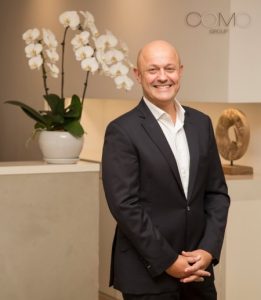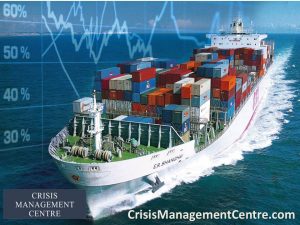Luxury hotels and resorts have always positioned seclusion, exclusivity and a host of wellness options as touchpoints in their offerings. Moving forward, the Covid-19 pandemic begs the question of whether the travel industry will follow suit.
With over two decades of experience in the business of luxury travel and private equity, Olivier Jolivet, CEO of COMO Group, is one of the far and few professionals fit to divulge the future of luxury travel in a post-pandemic world.
Supporting COMO’s Community & Employees
COMO’s brand DNA is not without its focus on well-being. Through its social media channels and Stories newsletters, COMO has been reaching out to those staying at home during the period. The organisation’s group of therapists are also plugged into improving wellness, both physically and mentally, in employees and communities.
Likewise, in the spirit of support and sensitivity, COMO waives all of its cancellation fees – offering the option of either reimbursement or postponement of travel dates to 2021. Retaining their employees is also part of the efforts despite closing off 90 percent of their hotels.
Extending the commitment to well-being beyond COMO’s direct influence, food, supplies and beds have been provided to healthcare organisations to aid front liners in the fight against the pandemic.
Travel & Its Future in a Post Covid-19 World
As unprecedented as it is, the Covid-19 crisis is unfolding at the pinnacle of travel – causing ripple effects onto international travel and even putting a stop to it momentarily. To Olivier, luxury travel has always been about space, privacy and choice. This cannot be farther from truth in what constitutes our new normal.
Given our current and recent experiences, Olivier considers that travellers tomorrow may opt for smaller groups, more intimate locations and specialised offerings instead of 300-bedroom hotels. In this respect, destination-focused hotels, unique suites and wellness programs
have always formed the nucleus of COMO’s business model.
Intentionally so, the vision COMO’s founder, Christina Ong, had 30 years ago has led the brand to unrivalled success and certainly so, not by chance. As Olivier calls it, the COMO model for modern travel and living is, without a doubt, significant in today’s context.
Although relevance is key to staying in business, Olivier believes that it isn’t the right time for a new marketing decision – at least for COMO. He advises against remodelling messaging – indicating that crises are not opportunities and using them in that way can be unfortunate.
Mitigating Covid-19 Impacts on the Travel Industry
It all starts with your brand DNA, remarks Olivier. How it relates to the environment you operate in, people you serve – from employees and guests to stake-holders present – factors in your crisis management.
Cushioning the impact of a crisis of this scale requires intervention in some form. If the government is financially capable, monetary initiatives point in the right direction for repair and recovery. Still, this could be an issue for emerging economies.
This article is originally inspired by Robb Report Singapore.



